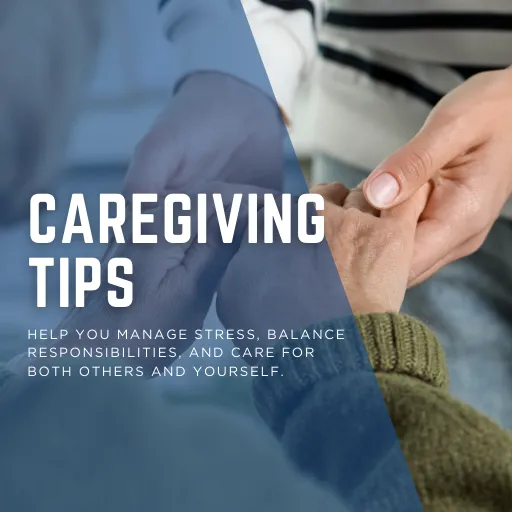
How Self-Help Books Can Empower Caregivers and Working Professionals
“Almost everything will work again if you unplug it for a few minutes, including you.”
— Anne Lamott
Balancing a demanding job while caring for others can leave even the most capable people feeling stretched thin. In the midst of this pressure, self-help books have emerged as a powerful and accessible resource. These books offer more than just motivation—they translate psychological insights into practical strategies for real life. In recent years, the genre’s popularity has soared, showing how many people are turning to reading as a form of support and guidance.
Even short reading sessions can bring relief. Research has shown that reading for just a few minutes can significantly lower stress levels and improve mood. For caregivers and busy professionals, carving out moments to read offers a vital break—a quiet pause in the middle of a hectic day. Opening a book becomes a small act of self-care, a way to “show up” for oneself when time and energy are limited.

Tiny Changes, Big Impact: Atomic Habits
In Atomic Habits, James Clear explains that meaningful change isn’t about giant leaps—it’s about small, consistent actions. This philosophy is especially helpful for people juggling multiple roles. Rather than overhauling your entire life, Clear encourages integrating tiny improvements: a five-minute stretch in the morning, swapping a scroll through social media for a few pages of reading, or setting aside time each week for personal reflection.
His message is clear: your results stem from your daily routines. By making simple, repeatable choices and setting up an environment that supports them, readers build momentum over time. Even a small shift—like leaving a book on your nightstand—can set the stage for healthier habits.
Priorities First: The 7 Habits of Highly Effective People
Stephen Covey’s The 7 Habits of Highly Effective People emphasizes intentional living. He challenges readers to act with purpose rather than be swept up by external demands. One of his most impactful ideas is to schedule your priorities instead of prioritizing what's already on your schedule. This might mean reserving time for exercise, reflection, or even uninterrupted reading—before the day fills up with responsibilities.
Covey’s framework helps individuals recognize that their choices shape their lives. This is an empowering shift, especially for those who often feel overwhelmed or reactive. He also highlights the importance of personal renewal—physically, mentally, and emotionally—so we can sustain the energy needed to care for others and succeed professionally.
Courage in the Chaos: Daring Greatly
Brené Brown’s Daring Greatly explores the power of vulnerability in building resilience. She encourages readers to embrace their emotions, speak up about challenges, and ask for help when needed. For caregivers and professionals, who are often expected to stay strong and composed, this message can be transformative.
Acknowledging stress instead of suppressing it creates space for healing. Vulnerability becomes a strength—a way to connect, grow, and avoid burnout. Brown’s work reminds us that showing up authentically, even when it's uncomfortable, is the heart of courage and leadership.
Creating a Sustainable Reading Practice
To experience these benefits, consistency is key. A few small adjustments can make reading a sustainable self-care habit:
Set a dedicated reading time each day, even if it’s just 15 minutes in the morning or before bed. Treat it like a meeting with yourself.
Share the experience. Join a book club, chat with friends about what you're reading, or find online communities for discussion.
Reflect and track progress. Notice how you feel after reading. Does it bring clarity, calm, or inspiration? Jot down quick thoughts to deepen your connection to the material.
These steps may seem simple, but over time they build momentum. Much like the principles in Atomic Habits, small consistent actions add up to meaningful change.
Why This Matters Now More Than Ever
The need for personal tools like self-help books is urgent. A significant number of people are caring for loved ones while working full- or part-time, and many report struggling to maintain balance. Burnout, emotional exhaustion, and stress are widespread—and rising.
In this context, reading becomes more than a hobby. It’s a low-cost, flexible way to support mental health, develop emotional resilience, and gain a sense of control. Self-help books won’t solve every problem, but they can offer hope, structure, and perspective at a time when many are stretched thin.
Final Thoughts
Reading self-help books is an act of self-respect. It’s a choice to pause, reflect, and invest in your own growth. Whether you’re building new habits, redefining priorities, or learning to be more compassionate with yourself, the right book can be a powerful ally.
As James Clear wisely says, “You get what you repeat.” Make reading part of what you repeat—and give yourself the tools to thrive in all the roles you play.